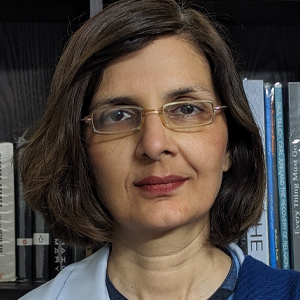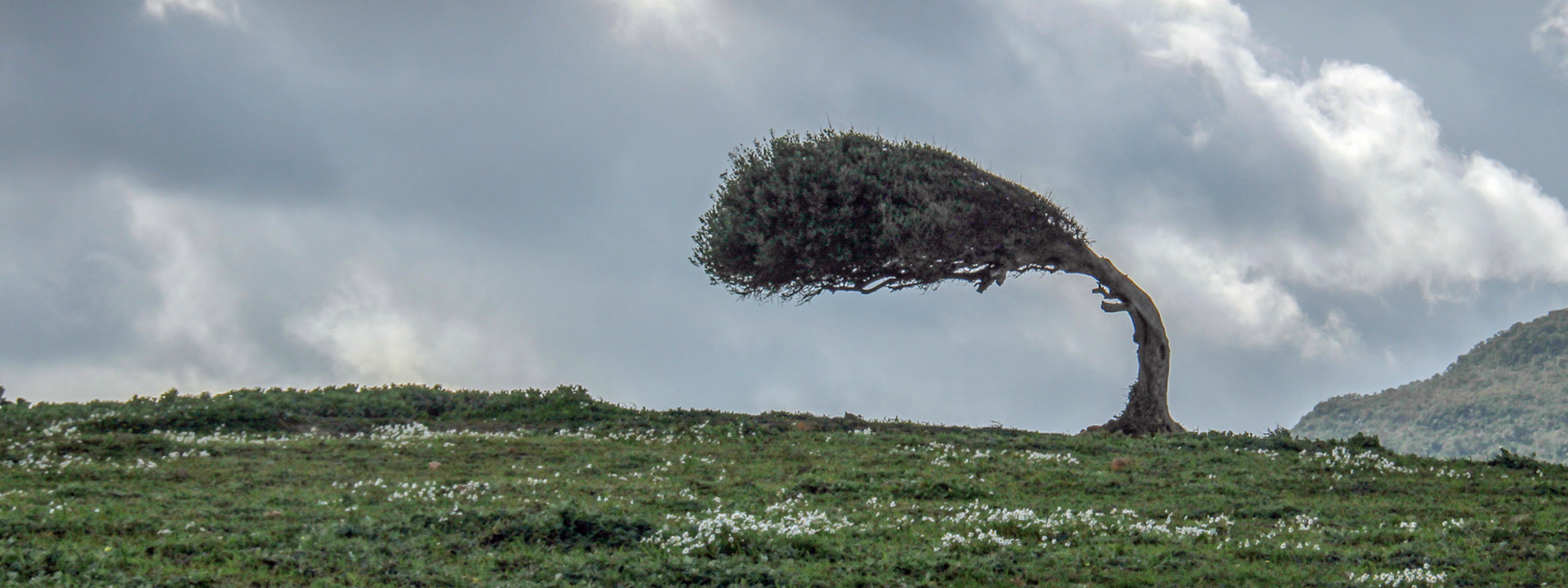
Regurgitation to resilience: A family’s hard-won miracle
Each day felt like an uphill battle, yet there was an unseen force guiding us, a divine presence that carried us through the darkest nights.
From the moment of her birth, there was something amiss with our daughter, Zehra.
Every time I fed her, she regurgitated milk through both her mouth and nostrils. The pediatric team assured us that since the child displayed a healthy pink color and regular breathing, there was no cause for alarm. My husband and I brought her home, but her condition persisted.
I had recently completed medical school, and my sister was interning in pediatrics at Holy Family Hospital in Rawalpindi. We began to suspect that Zehra might be suffering from a tracheoesophageal fistula. We arranged ear, nose and throat consultations, including direct and indirect laryngoscopy tests, but these yielded no conclusive findings. The regurgitation and coughing persisted; I had to keep a tissue box close by during every feeding.
My husband’s service in the Pakistan military meant frequent relocations. We had to move more than 500 miles from Rawalpindi to Quetta when Zehra was less than a month old. Several days after our arrival, as I decorated the nursery walls for our one-year-old son, Zehra slept soundly. My husband returned from the office, yet she remained asleep. We thought this was typical. It was only later that we grew increasingly alarmed as she remained listless — breathing but unresponsive. We rushed her to the hospital, where she was diagnosed with aspiration pneumonia.
Living in the hospital
Zehra’s illness persisted for one and a half months. The military hospital in Quetta placed her in a general nursery and provided me a room in the officers’ block, albeit more than a mile away. The nearby officer’s nursery was understaffed. Zehra’s condition was too serious for her to stay with me. I had to leave my son at home in the care of an unhelpful assistant — his initial sacrifice for his younger sibling.
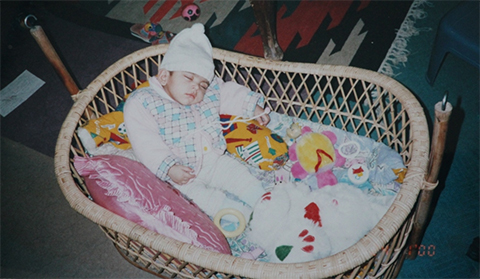
Whenever I was needed to care for Zehra, a nurse would send an ambulance for me. I would travel to my daughter’s side, tend to her, return her to the nursery staff, wait for another ambulance and return to my room. This persisted for weeks; sometimes the ambulance was delayed, so I walked. Finally, the hospital arranged a bed for me near the nursery. It was a cramped, less-than-pristine ward, but for the sake of my daughter, I endured this for an additional week or so. When Zehra began to improve, I requested her transfer to the officer’s block nursery. On her first night, she experienced a severe aspiration episode and was swiftly moved back to the general nursery.
Finally, when she had improved sufficiently, she was relocated back to the officer’s block nursery, granting me some relief. A friend offered the use of her car and driver, allowing me to visit my home, refresh and spend quality time with my neglected son. I was overjoyed.
My son asked for a ride on his swing, and I happily obliged, spending time with him on the veranda. Quetta’s prevalent cold winds, however, caused me to catch a cold, which I didn’t notice at first. I took my son to the hospital to visit his sister; he was immensely happy. I was delighted to have both my children with me after such a prolonged separation, but I started to feel weak, feverish and tired. My friend, Mrs. Abbas, came to visit and alerted the doctor to my deteriorating condition. I was diagnosed with pneumonia.
At the same time, my son developed stomach upset and episodes of vomiting. Mrs. Abbas cared for both my children. We were all profoundly unwell. Desperate to go home with my children, I called my mother, hoping she would rush to our aid. However, she calmly reminded me that such hardships marked the beginning of life’s challenges and encouraged me to seek solace in patience and prayer. Gradually, we all recuperated and returned home.
Surgery and crisis
Zehra’s regurgitation symptoms remained unresolved. We returned to Rawalpindi, where my sister, nearing the end of her internship, suspected Zehra might have an atrial or ventricular septal defect, leading to recurrent pneumonia. We implored the reluctant treating doctor to conduct an echocardiography test. The results confirmed Swiss cheese ventricular septal defects, or VSDs, in her heart. A pediatric cardiac surgeon explained to me about Eisenmenger syndrome in children with VSDs, a condition in which irregular blood flow causes the blood vessels in the lungs to narrow and stiffen, necessitating a pulmonary artery banding procedure.
Zehra was admitted to the Armed Forces Institute of Cardiology for the banding surgery. However, she wasn’t completely free of infection, rendering her unfit for surgery. Meanwhile, my husband was deployed to a distant duty station, leaving me to care for both children in the hospital.
We were placed in a glass-walled room in a circular pediatric ward with the nursing station at its center. My playful son, Ashjay, now age two, was suffering from neglect, resulting in a poor appetite. Zehra’s constant regurgitation meant we used a roll of tissue paper daily. Passersby, peeking through the glass, would see Zehra coughing and regurgitating while Ashjay laughed and clapped. Somehow, I managed to maintain my sanity. Days turned into weeks, but Zehra’s surgery remained postponed due to persistent respiratory tract infections.
Eventually, the medical team decided to keep her nil per os (nothing by mouth) to prevent aspiration and subsequent infections. It was agonizing to hear her cries for food. Her only solace was going to sleep with her thumb in her mouth. Finally, she improved enough for the surgery. I dressed her in tiny blue pajamas and took her to the operating room, where I saw a reassuring message on the wall: “If you are worried that your child’s chest will be cut today, know that the same happened to Hazrat Muhammad (peace be upon him) during his childhood.”
After the surgery, I found my tiny daughter hidden amidst a tangle of wires, IV lines, drains, and catheters. As days passed, my hope for her recovery persisted, but she continued to deteriorate. Her smiles disappeared, and she became weak, drowsy and pale — signs of a deeply ill child. Other children who had been sicker than Zehta began to improve after their surgeries and were discharged, but her condition worsened.
My son refused to eat properly and showed signs of failing health. On the eve of the new year, 2000, after putting my son to bed, I placed my daughter on the prayer mat before me. I wept and prayed fervently to God to spare her life and show mercy to my young son. The sounds of fireworks outside were drowned out by my distress and tears. That night, God answered my prayers, and from Jan. 1 onwards, Zehra began to improve. On Jan. 15, 2000, after a two-month stay in the hospital, we were finally discharged.
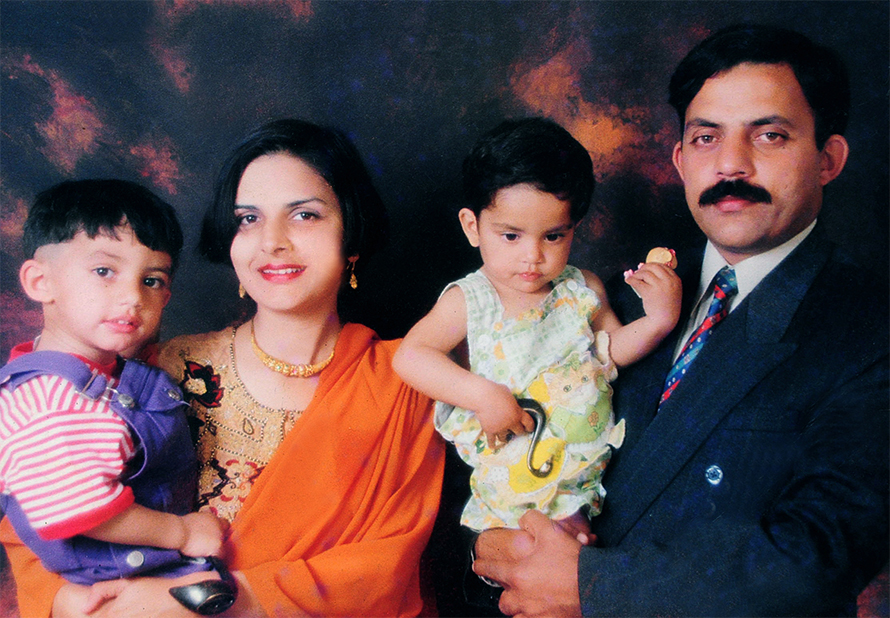
Foreign objects
The episodes of regurgitation and coughing persisted as a constant reminder of an underlying problem that still required diagnosis. We returned to Quetta after Zehra’s surgery, and as she healed, we ventured back to Rawalpindi for further tests, including barium meal studies. These failed to yield any conclusive results, and her developmental milestones were notably delayed.
A new chapter began when it was time to introduce solids into her diet. Zehra started experiencing episodes that resembled choking, necessitating multiple hospital visits to remove foreign objects lodged in her esophagus. These ranged from mashed banana and tissue paper to beans, peas, corn, bread, buttons and even spiders. Despite our efforts to create a safe environment, she managed to find things to ingest. Each time, the foreign object had to be removed endoscopically, under general anesthesia, and each time, the doctors admonished me for my negligence. We restricted her diet to blends and pastes, but her innate curiosity evaded our surveillance.
In one episode, my daughter observed some guests eating peanuts without offering any to her. Seizing an opportune moment, she discreetly retrieved a discarded peanut shell from the trash and proceeded to consume it. I happened to be in the kitchen, but I heard her distressed gasps and coughs. I was in the dark about what had triggered her discomfort. The coarse, spiky texture of the peanut shell had caused a significant obstruction in her throat.
In a state of urgency, we hurried to the military hospital, only to discover that our usual attending physician was absent, necessitating a referral to a civilian hospital. There, the staff attempted an endoscopy, but it yielded no results due to severe edema. Zehra was transferred back to the military hospital, where she spent a harrowing week in intensive care, unable to consume anything other than intravenous fluids. Witnessing her struggle with sustenance and seeing my son’s lack of appetite, I, too, began to forgo my meals.
More surgery and a stone
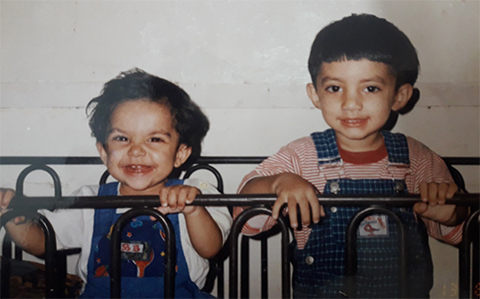
Finally, the hospital provided us with air tickets to transport Zehra to the military hospital at Rawalpindi. I boarded the plane with both of my children; upon landing, an ambulance and my father were waiting. After entrusting my son to my parents’ care, I accompanied my daughter in the ambulance to the pediatric ward. On that same day, we were scheduled for a procedure in the operating theater.
We were met with disarray. No one was there to receive us, indicating a severe lapse in coordination. Helplessly, I sat in the reception area of the operating theater until an elderly couple, at the hospital for the birth of their grandchild, noticed my distress. They offered us a ride back to the ward and took it upon themselves to report the coordination issues to the nursing staff. The following day, doctors performed an endoscopy, revealing a grey peanut hull that had been lodged in Zehra’s esophagus for the past nine days.
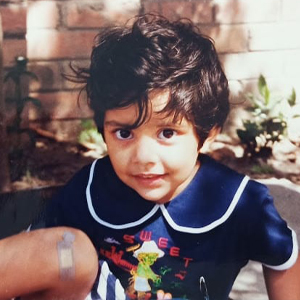
The definitive diagnosis finally arrived when she swallowed a small stone at the age of two. The doctor who performed that endoscopy confirmed the presence of a stricture in the lower third of her esophagus.
We consulted a thoracic surgeon who recommended major surgery. He said he would need to cut both her chest and abdomen to remove the lower third of her esophagus along with the lower esophageal sphincter, and then anastomose the stomach as a tube to the remaining esophagus. I declined and insisted on dilatations. The surgeon doubted the effectiveness of dilating congenital strictures.
This marked the beginning of a lengthy journey filled with esophageal dilatations, choking episodes, cardiac issues and follow-ups. We used to mash and blend every food item for her, from bananas to bread. There were foods that she could not consume, even when mashed, such as potato chips and corn. When the time came for Zehra to start school, it posed a challenge. Ensuring she didn’t try to consume regular food there was no easy task, and I had to delay her schooling until she could swallow these foods.
My son’s appetite began to improve at the age of eight, and my daughter’s esophagus had dilated sufficiently for her to eat like a normal child by the time she was five (although some foods still trigger symptoms). Today, we are proud parents of two responsible adults, a testament to the miracles that God can bestow upon those who endure the trials of life with patience and faith.
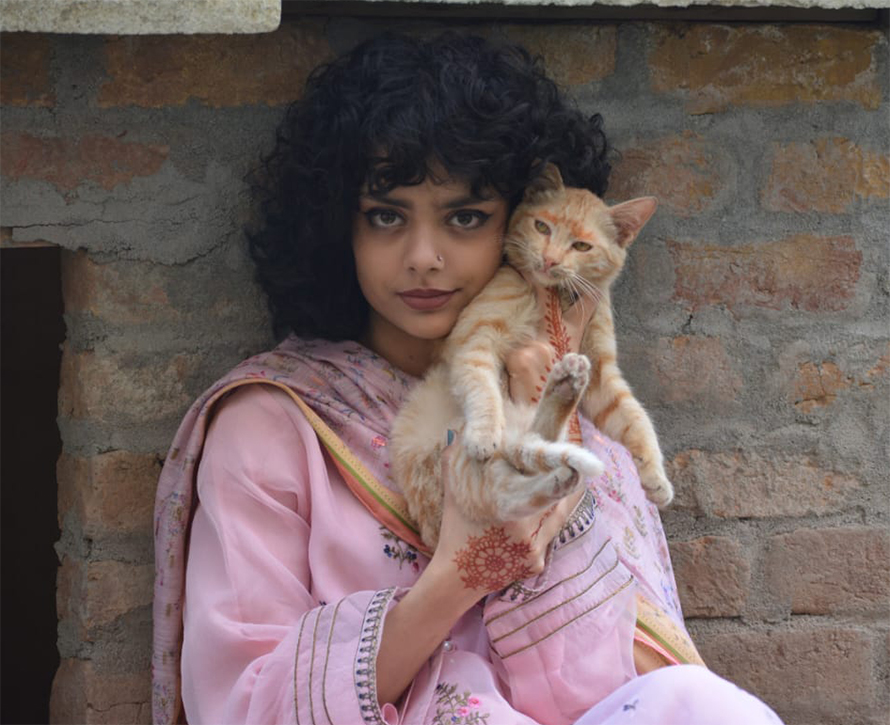
Enjoy reading ASBMB Today?
Become a member to receive the print edition four times a year and the digital edition monthly.
Learn moreGet the latest from ASBMB Today
Enter your email address, and we’ll send you a weekly email with recent articles, interviews and more.
Latest in Opinions
Opinions highlights or most popular articles

Women’s health cannot leave rare diseases behind
A physician living with lymphangioleiomyomatosis and a basic scientist explain why patient-driven, trial-ready research is essential to turning momentum into meaningful progress.

Making my spicy brain work for me
Researcher Reid Blanchett reflects on her journey navigating mental health struggles through graduate school. She found a new path in bioinformatics, proving that science can be flexible, forgiving and full of second chances.

The tortoise wins: How slowing down saved my Ph.D.
Graduate student Amy Bounds reflects on how slowing down in the lab not only improved her relationship with work but also made her a more productive scientist.

How pediatric cataracts shaped my scientific journey
Undergraduate student Grace Jones shares how she transformed her childhood cataract diagnosis into a scientific purpose. She explores how biochemistry can bring a clearer vision to others, and how personal history can shape discovery.

Debugging my code and teaching with ChatGPT
AI tools like ChatGPT have changed the way an assistant professor teaches and does research. But, he asserts that real growth still comes from struggle, and educators must help students use AI wisely — as scaffolds, not shortcuts.

AI in the lab: The power of smarter questions
An assistant professor discusses AI's evolution from a buzzword to a trusted research partner. It helps streamline reviews, troubleshoot code, save time and spark ideas, but its success relies on combining AI with expertise and critical thinking.

